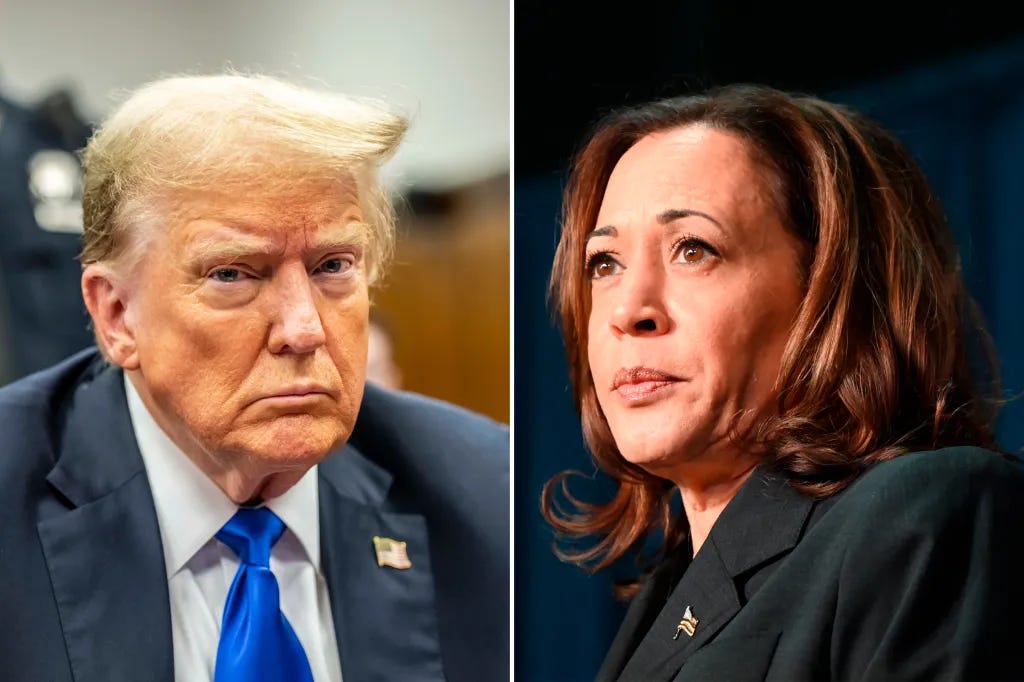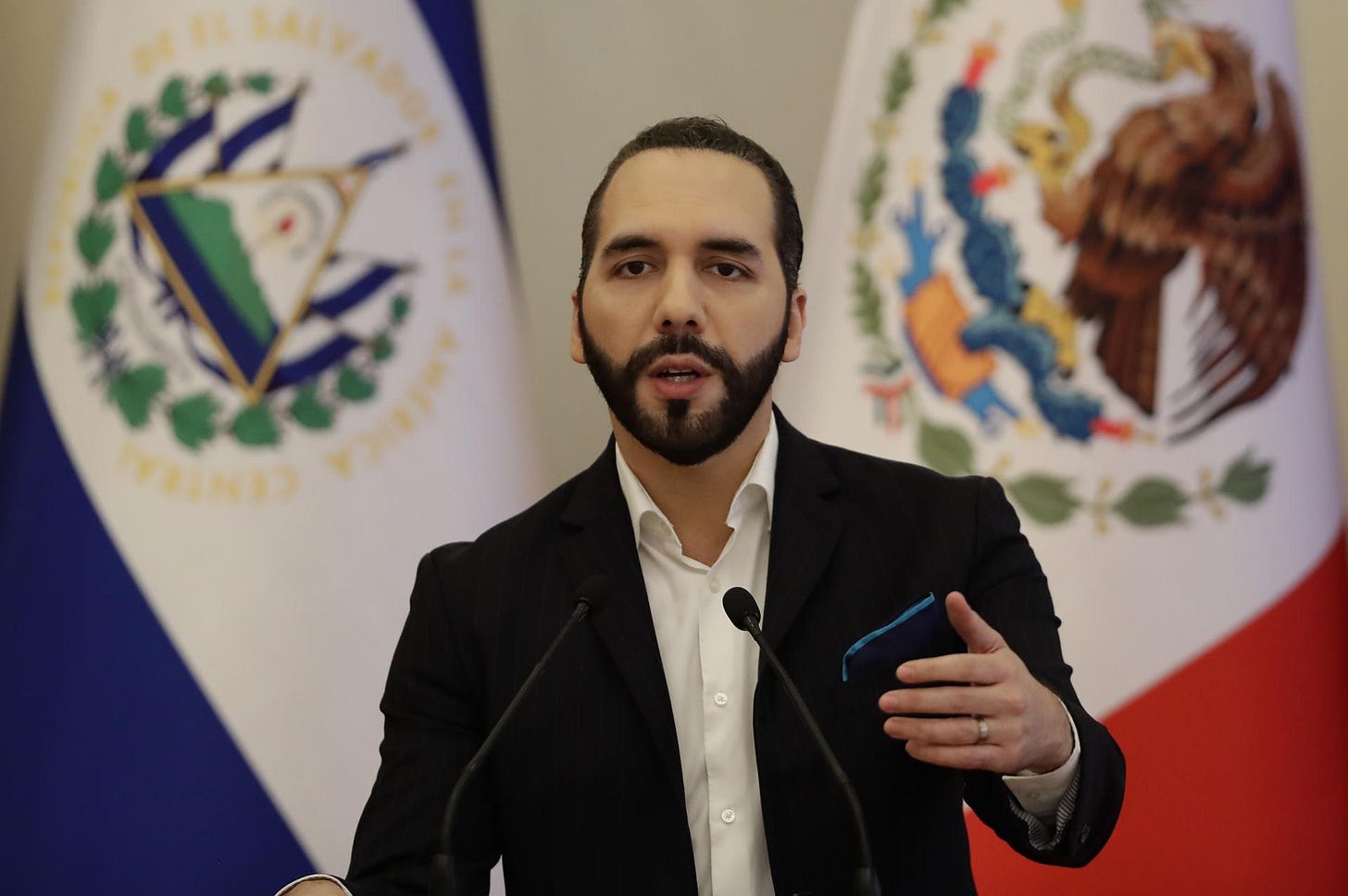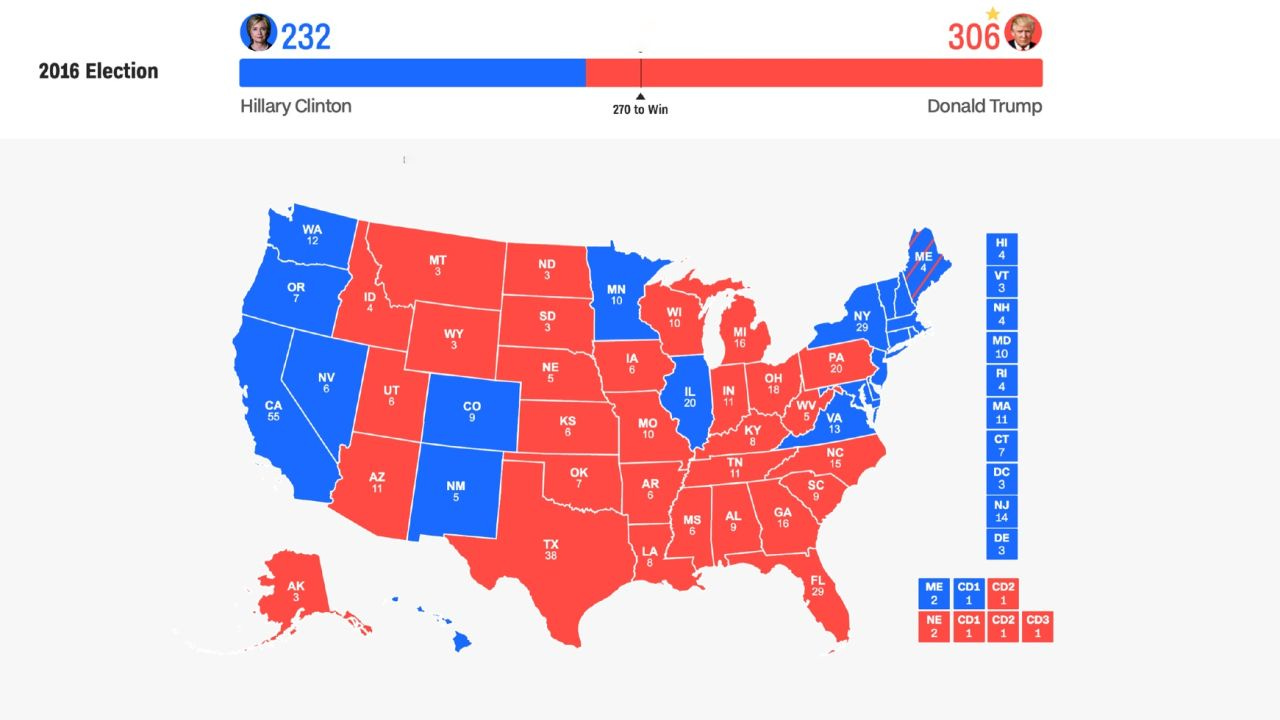Global Bitcoin Adoption and the Impact of the U.S. Presidential Election
What will happen?
Bitcoin Adoption:
Over the past decade, Bitcoin has evolved from an online experiment to a foundational component of the international financial architecture. Today, many look at Bitcoin as not just a store of value but even as a method of border transaction and an even broader gateway for the financial inclusion of millions of people. Amidst countries worldwide that have adopted Bitcoin in different capacities, one nation's course of policy is peculiarly influential: the United States. With the US presidential election coming up in 2024, much speculation is bound to persist on how the policy stance of the next administration will affect Bitcoin adoption within and outside the US borders.
Bitcoin’s Global Adoption Trends:
Growing adoption of Bitcoin as an asset has triggered interest in it at both the individual and institutional levels. The fact that institutions, such as Fidelity and BlackRock, are looking into Bitcoin-focused financial products means large players in finance are easing the way for the public to take a plunge with digital assets. No longer is Bitcoin some esoteric asset but rather a very valid portfolio diversifier and, in certain cases, even a hedge against economic uncertainty. Eventually, even the countries with developed financial systems have started considering the frameworks that would accommodate Bitcoin, symbolising the global shift towards more acceptance and regulation. To developing countries, Bitcoin has come to mean more than just being an investment opportunity. For some, this cryptocurrency becomes an alternative to traditional financial systems when real access to them is limited. Indeed, in 2021, El Salvador became the first country to give Bitcoin the status of legal tender. That was a flagship move, showing that Bitcoin could do something in areas where banking infrastructure is thin on the ground and reliance on remittances remains very high. The same trend has not been contained within Latin America; Bitcoin interest surged in Africa. Countries such as Nigeria and Kenya lead the African continent in Bitcoin adoption rates as citizens use the digital currency to transfer money, access global markets, and hedge against inflation. The latter use underlines the potential role of Bitcoin as an agent of change where conventional banking services are unavailable or unreliable.
Bitcoin as a Hedge Against Economic Instability?
The fact that Bitcoin is intrinsically decentralised attracted people who are "unbanked," or those who have no access to banking services. This is quite obvious in Southeast Asia: countries such as Vietnam and the Philippines have some of the highest adoption rates of Bitcoin, given the demand for remittances and digital payments. Bitcoin enables direct, peer-to-peer transactions to avoid traditional banking systems, which has been a lifeline for those excluded from conventional finance. In an economic sense, Bitcoin has become a lifeline for some economies whose currencies are quite volatile, allowing people to protect their wealth. Hot spots with very high inflation rates spur cryptocurrency adoption, like Turkey and Argentina. This has made Bitcoin an increasingly attractive "digital gold" for residents of these countries, as it offers a hedge against inflation and allows one to store value during times when economic turmoil is occurring.
The Influence of U.S. Policy on Global Bitcoin Adoption:
The single most important determinant of Bitcoin's fate for global mainstream adoption is the regulatory environment in the United States. Agencies from the Securities and Exchange Commission to the Commodity Futures Trading Commission have been struggling to sort out questions surrounding Bitcoin exchange-traded funds, tax policy, and custody rules. While many policymakers seek to foster more transparent and innovation-friendly rulesets, some are skeptical of cryptocurrency for potential risks in financial crime and investor protection. This is a function of the greater U.S. regulator cautiousness on say, approving a Bitcoin spot ETF. Other nations tend to observe such debates' outcomes within the context of opening or completely halting the route to adoption. Decisions made by U.S. regulators are usually adopted downstream by other countries. Whenever the U.S. makes progress toward recognising it as an asset or security, it goes without saying that what happens around the world is set in motion. Take MiCA, for example, which stands for the European Union's Markets in Crypto-Assets Regulation; the American regulatory conversation around digital assets was at least partially a driver in its development. The same, then, would suggest that Bitcoin adoption might rely heavily on the regulatory framework that the U.S. puts into play within other developed regions. There is also a growing effort on the part of countries to develop cooperative regulatory standards for Bitcoin. The G20 focuses on regulating cryptocurrency, including assessments of risks that may affect financial stability-a platform of common ground. However, countries such as China have taken a decidedly different approach, banning the mining and trading activities of Bitcoin. Conversely, Japan and Singapore have been embracing progressive crypto-friendly policies that court Bitcoin companies and talent to their shores. That kind of regulatory diversity underlines the importance of the position taken by the U.S.; if it moves in favour of clear regulations in support, this might be what would induce other countries to follow suit.
What potential Impact could the 2024 U.S. Presidential Election have?
With the looming presidential election, Bitcoin policy is at a very serious juncture. Candidates have a wide range of views on Bitcoin, from candidates supporting innovation-friendly regulation to those proposing strict measures. A crypto-friendly administration may foster development that supports Bitcoin-friendly infrastructure, and conversely, one that proves more skeptical might raise the bar on regulatory scrutiny. Some candidates have articulated positions specifically for and against cryptocurrency, including on the future of a spot Bitcoin ETF, a reimagined role for digital assets, and/or increased environmental regulations aimed at blocking Bitcoin mining. Whomever wins will dictate how Bitcoin works within the American economy for years. Actually, a number of possible administrations might have very differing ideas concerning the world of digital assets. A Bitcoin-friendly administration would no doubt make life easier for adopters with clear tax policies, classification of Bitcoin as an asset class, and perhaps even a Bitcoin ETF. An unsavoury Bitcoin administration might work to pass legislation concerning the operations of cryptocurrency exchanges-restrictive due diligence reporting or maybe even environmental limitations on mining. Another area where interest comes into play is in tax policy. Currently, Bitcoin is subject to capital gains tax in the United States-the reason being that it discourages the use of Bitcoin as a currency. A candidate who will probably advocate for favourable tax reform for Bitcoin will accelerate its mainstream adoption by making regular transactions much easier. No matter the outcome of the presidential election, Bitcoin's immediate regulatory framework will heavily rely on Congress and the judiciary. Several pro-Bitcoin representatives and senators also emphasise the need for greater regulatory clarity, showcasing the potential that Bitcoin has as an innovative asset. The judiciary could also wield the axe of mighty influence in the future of Bitcoin, particularly in cases that touch on the categorisation of Bitcoin as a security or a commodity. If the ruling goes in favour of Bitcoin being a commodity, then SEC interference might be limited, thus driving confidence and adoption.
When, finally, the U.S. decides to enact very limiting regulations concerning Bitcoin, we may perhaps witness a movement of the action to dApps that exist on the perimeter of traditional exchanges. Say, for instance, increased adoption of Bitcoin could take place on some DeFi protocols in the event of overregulation of centralised platforms. This would reshape use cases of Bitcoin even further from regulated, centralised exchanges into decentralised markets and wallets. Personally, I believe that Trump will win, since the signs are similar to 2016 when he faced Hillary Clinton (see picture above), and when he wins, it will be good for Bitcoin. If he wins, perhaps, an increased adoption of Bitcoin could take place!
Future Prospects for Bitcoin Adoption:
In that future, Bitcoin's decentralised, digital-first model could exist right alongside traditional fiat systems. For some economies with inflation or financial instability, such a system could act similar to a "Bitcoin standard." Due to its decentralised nature, Bitcoin faces unique resistance to political shifts. While the regulation has been brutal in most developed economies, the cryptocurrency has continued to grow globally. And with the 2024 presidential election in the United States just on the horizon, enthusiasts and backers are paying close attention. The future of global Bitcoin adoption may be at the whim of the next administration as far as regulation, taxation, and innovation on digital assets are concerned. Whether the election goes to one's opponent or himself, regardless, Bitcoin is in a special place because it is globally accessible, decentralised, and permissionless. Changes in politics within the U.S. might make a difference in how fast or how much Bitcoin would be adopted by the entire world; be that as it may, Bitcoin is bright due to its fundamental demand and utility.
THERE IS NO SECOND BEST!
BUY BITCOIN!




